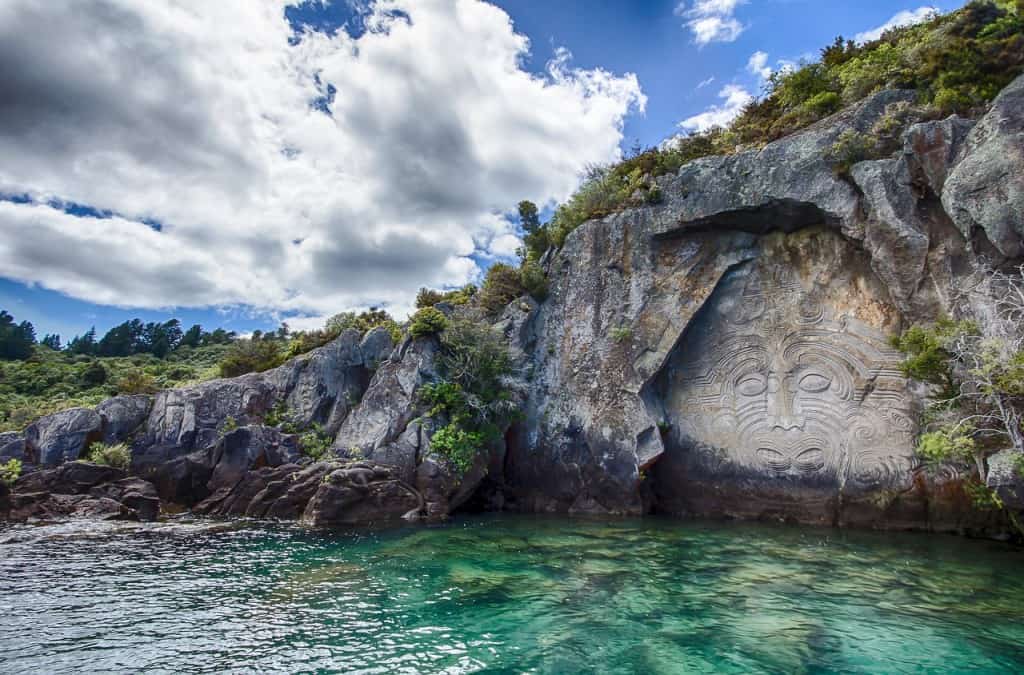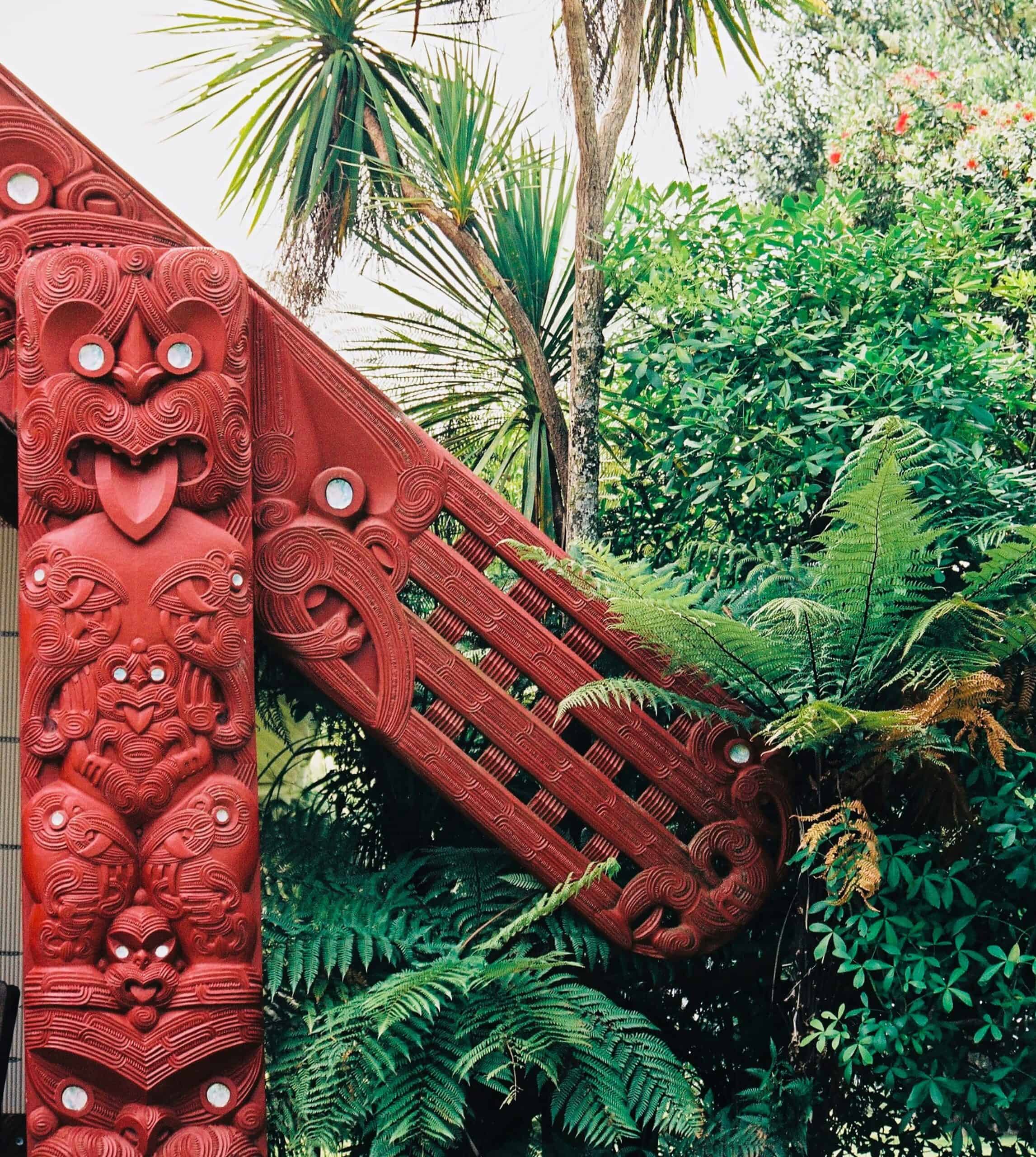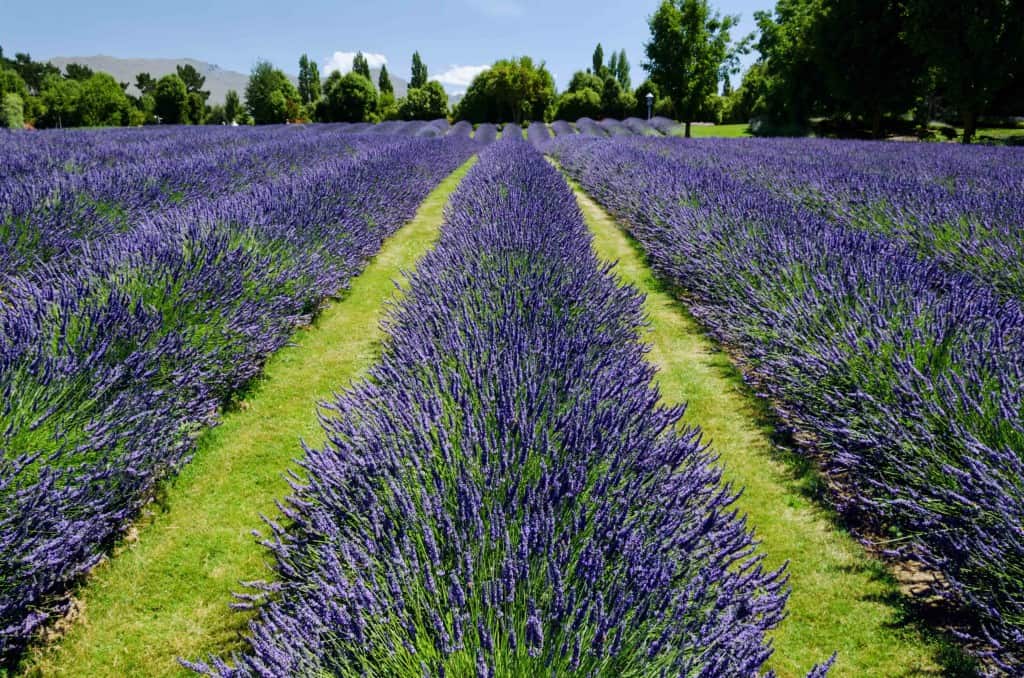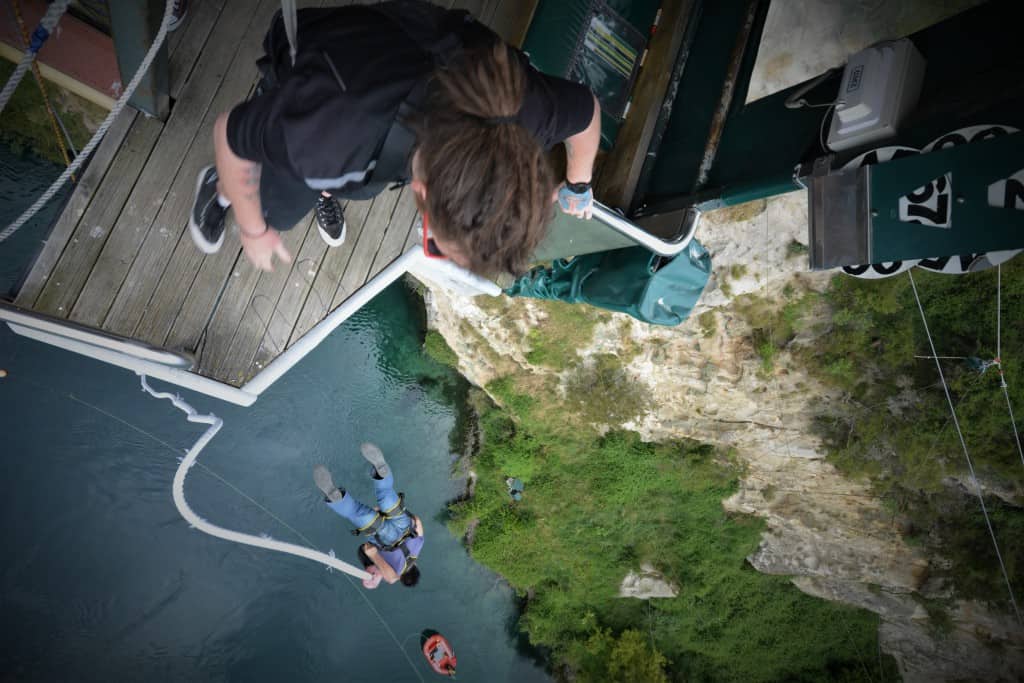Nau Mai, Harae mai – Welcome, welcome!
Dive into a culture as diverse as the landscape
The overwhelming expectation that international visitors have before arriving in New Zealand is that their senses will be lit up by the country’s incredible scenery and nature. What they might not expect however is to find themselves immersed in the captivating cultural landscapes that its people present though a modern day take on a post-colonial revival mixed with Maori and Polynesian influences.

Welcome to Aotearoa
Kiwis – as New Zealanders are colloquially known – are typically relaxed, laid-back and very genial. It is normal that locals will start a conversation with you for no other reason than random exchanges between strangers are still part of how society operates there. Kiwis will most likely be interested in where you are from and where you are going when they discover you’re a visitor to their islands; the best way to think of them is as the nation’s unofficial customer care team for your vacation.
New Zealand was one of the very last places on earth to have any human habitation. The original Māori settlers arrived from the mythical Polynesian island Hawaiki around 700 years ago. They are considered as the indigenous people and their claim to this status has been reflected into the country’s laws with lands and natural assets – once confiscated by a government formed under the British Empire – that have been or are in the process of return to the Maori tribes that first held claim.
The first hardy Europeans arrived with Abel Tasman when he sailed to and named New Zealand in 1642. However, it was only after James Cook circumnavigated and mapped the country in 1769 that migration really began with settlers and whalers arriving in greater numbers, predominantly from the UK. Through the dominion they held over the country and the influences they left, much of New Zealand’s culture will have some familiarity to most visitors from the UK and Europe.

Modern Polynesian New Zealand
The revival of Māori culture and the influence of other Polynesian language, art, music and tradition make post-colonial New Zealand something of a work in progress as a new nation establishes its identity as something completely different to the little Britain it was once designed to be, and quite distinct from Australia, its closest neighbour and de-facto big brother.
While English is a national language, Te Reo Māori now also holds equal status and is taught in schools and has been widely adopted by both Māori and Pakeha (New Zealanders born in the country but with British or European ancestry) along with values originating from Māori spirituality and communal beliefs.
For example, Wairuatanga represents a belief that everything within natural world holds a spiritual body and human wellness is achieved through respect and care of nature. Interwoven with this is a connection to four tenets of health: Taha tinana (physical), Taha wairu (spiritual), Taha whanau (family) and Taha hinengaro (mental).
While these names may sound rather exotic, the views are considered as universal truths common to many value systems in the world and suit how many New Zealanders view themselves as guardians of the natural resources and beauty of the nation.

An agricultural powerhouse
New Zealand evolved as an agricultural nation, exporting lamb, wool, fruit, beef and dairy produce all over the world and developing a reputation for high quality. The farm life, with its rural rhythm and pragmatic, practical and self-sufficient themes, is considered typical of Kiwi culture. Having a ‘can-do’ attitude is seen as fundamental to existing and then thriving in a land so remote from the rest of the world. While farming and primary produce still underpin the New Zealand economy earning high returns from export, the country is now also a leading wine producer with the highest growing economic sectors in service-related industries such as hospitality, tourism and film.
NZers get their boots on
When travelling within New Zealand, it’s impossible not to note the country’s fascination with everything sports or outdoor activity related.
Sports fields, tennis courts, cricket grounds, gymnasiums, football stadiums, mountains, rivers, lakes and the oceans are just some of the arenas that New Zealand’s 4.5 million citizens occupy with their passion for sports. Participation at all levels for all ages is one of the most defining cultural aspects of life in the country and most weekends are packed with schedules that are sports related.
For a small nation, New Zealanders pride themselves on their status as a sporting nation that punches above its weight in most international competitions, particularly the Summer Olympics, where its medal haul is consistently impressive despite its small size.

Rugby
Of course, in New Zealand you can’t mention sports without the topic of the iconic All Blacks arising.
Rugby is more than just the national sport of New Zealand. Its elemental to people and probably the ultimate reflection of national character.
Rugby is a hard, rugged, physical game, and much like the wildness that New Zealand’s forefathers found, it took graft, strength, stamina and a collective effort to forge parts of it into habitable, productive land. Rugby is also communal – it engenders great comradery which is quintessential to how much of rural New Zealand still operates through community-led initiatives that benefit residents. Moreover, rugby is also a game for all sizes and therefore, for everyone. Some positions within a rugby team are for the tallest, some for the squat and heavy-set, others for lithe speedsters and some for the dogged and robust team player.
This egalitarian structure of a game that everyone can participate in could be said to best represent New Zealand culture.
Everyone gets an opportunity. Everyone gets a sporting chance. Everyone is in it with their mates.
So, what is New Zealand culture like? It’s very much a work in progress.









